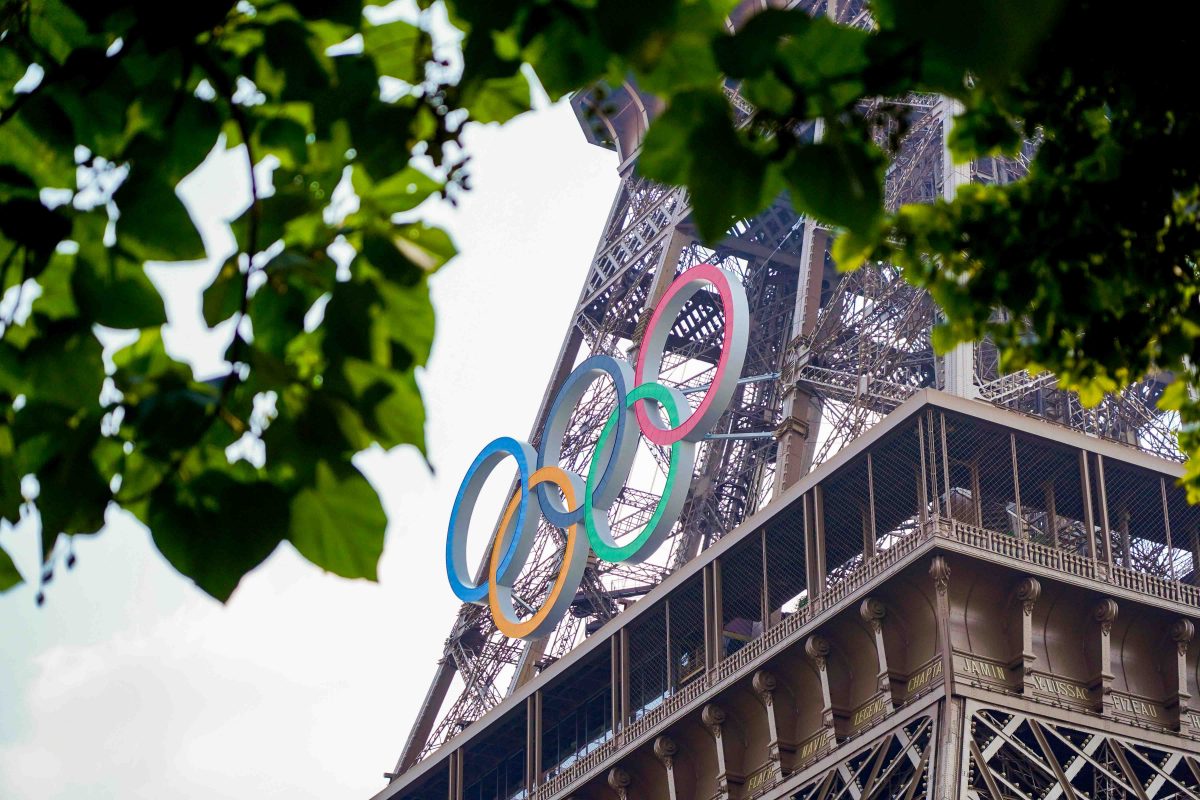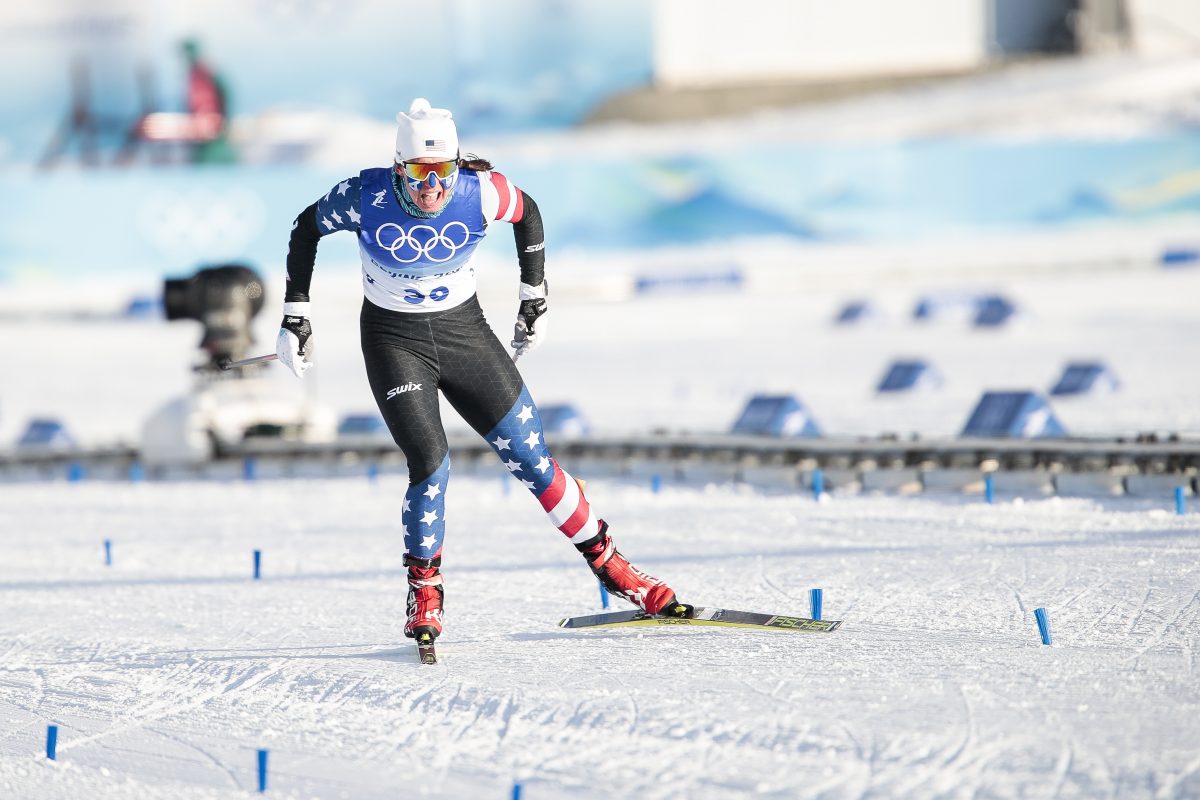CANMORE, Alta.—Canada’s Brian McKeever has done his part, and is ready for an opportunity to hit the start line at Whistler Olympic Park in February and ski into the history books as the first-ever athlete to compete at the Olympic and Paralympic Winter Games.
The 30-year-old McKeever won the men’s 50-kilometre Haywood NorAm individual start classic-ski race in convincing fashion on Tuesday which boosts his chances of securing a spot on Canada’s Olympic Cross-Country Ski Team. The event was also being used as one of four Olympic Trials by Cross Country Canada.
“That is all I had today and I hope it is enough to convince the selection committee that I deserve a spot on the Olympic team,” said McKeever. “I feel satisfaction right now. This race is tough enough as it is, and I am just relieved to be able to put everything together and put it all into the race because I knew I didn’t have a second chance. I am very happy.”
McKeever, who finished second in the 15-kilometre skate-ski race last weekend, stomped the field against some of North America’s top skiers winning by more than one minute in the grueling cross-country ski marathon, which marked the final event of the Olympic Trials.
“I tried to ski consistent laps because I know this race doesn’t start until the midway point, or even the 35-kilometre mark,” said McKeever, who said there were numerous lead changes throughout the race. “I worked really well for two laps with Dan Roycroft who is a friend and I thank him a lot for helping me through today as we worked together really well.”
McKeever is legally blind with Stargardt’s disease. This is a form of macular degeneration that affects central vision. McKeever, along with his brother Robin who serves as his guide, has won everything on the table in Para-Nordic sports including seven Paralympic medals.
Three years ago, Brian finished 21st in an able-bodied men’s 15-kilometre skate-ski race at the 2007 World Championships, which officially began his quest to compete at both the Olympic and Paralympic Winter Games in Vancouver-Whistler.
While Robin skis in front of him as a reference point in Paralympic races, Brian, who has only 10 per cent vision which is all peripheral, is forced to race alone or follow a competitor in able-bodied races.
“Individual start races make it tough because you are on your own, but it really comes down to it being really important for me to know the course really well,” said McKeever, who added he is really comfortable skiing the world-leading course at the Canmore Nordic Centre. “For me though I really am most comfortable skiing in the tracks, but it is important for me to know what tracks – the left or right – is fastest.”
Five summer-sport athletes have competed in both Paralympics and Olympics South African swimmer Natalie du Toit (amputee), American runner Marla Runyan (visually impaired), Polish table tennis player Natalia Partyka (born without right hand and forearm), Italian archer Paola Fantato (polio) and New Zealand’s Neroli Susan Fairhall (paraplegic), who was also an archer.
While McKeever’s main goal this year was to qualify for the Olympic Winter Games, he is determined to show there isn’t a large gap between able-bodied and disabled athletes while also representing Canada at the 2010 Paralympic Winter Games in March.
“It’s important for people to know the Paralympics is as high as it gets,” added McKeever. “It’s the Olympic Games for people with physical disabilities and I hope people will realize through my story, the gap is not that big. Just because somebody has a disability doesn’t mean they are not training hard or are extremely fit.”
“I think the Paralympics is a great product. We have something worth watching and I hope my story will bring more attention to that.”
Source: CCC




4 comments
Cloxxki
December 23, 2009 at 1:07 pm
I wonder. If you can ski at Olympic level, how can someone ski out in front of you as a guide, and actually be of any use? It would be like skiing a traffic jam where the sight only gets worse when you overtake someone. Or is the idea to push the guy in front, a bit like with bicycle tandem races, and amateur doing the steering for the professional handicapped athlete?
I am probably getting it wrong, but it seems like a race how has the least slow guide. More power to the athletes themselves, though.
mygatt
December 23, 2009 at 2:06 pm
Cloxxki, with all due respect, I do not follow. Obviously, Brian’s brother is also extremely fast, and also, if he makes this Olympic team, that’s a moot point because he won’t be skiing with a guide.
It is astounding that Brian won the 50K in Canmore, and I hope he gets that Olympic berth! Congratulations to him!
Also, Brian’s situation highlights to issue of teamwork (skiing with Dan Roycroft for two laps…) Working with team-members is a common thing to do in a mass start, and in Brian’s case it seems more critical.
Tassava
December 23, 2009 at 8:27 pm
And as the article says, McKeever “is really comfortable skiing the world-leading course at the Canmore Nordic Centre.” He surely knows the trails backwards and forwards, which can only help generally and must help specifically when he’s on his own. I recall from coverage of his feat at Sapporo that he skied that course with a guide (his brother, perhaps?) to learn it well enough that he could race it.
Reese
December 24, 2009 at 1:02 am
are you kidding me? thats rediculous! BM can clean up a 50k against some of the best on the continent, and the dude cant even see? and we thought racing was tough for us… mega props man!